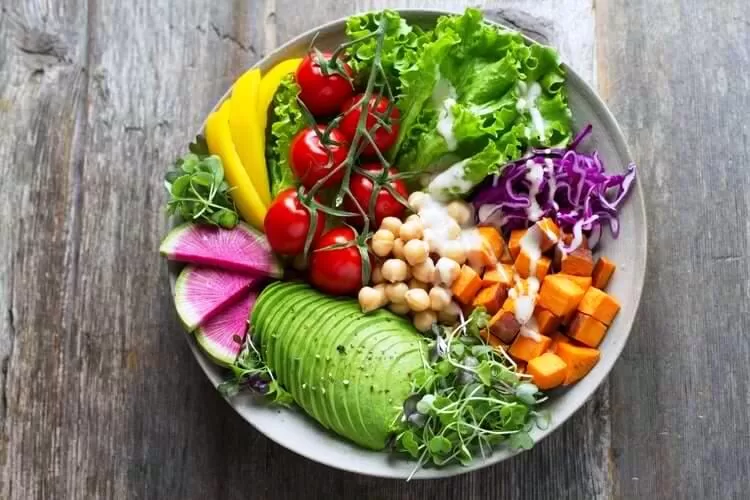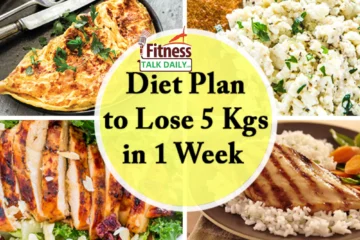Going vegan has become a popular lifestyle choice for many people, with proponents citing benefits such as improved health, reduced environmental impact, and support for animal welfare. However, as with any lifestyle change, there are also potential disadvantages to consider. In this blog post, we’ll explore both the benefits and disadvantages of a vegan lifestyle to help you make an informed decision about whether it’s the right choice for you. From the impact on your health to the availability of plant-based options, we’ll provide a comprehensive overview of what you can expect from a vegan lifestyle, both good and bad. Whether you’re considering making the switch to a vegan diet or just want to learn more about this growing trend, this blog post has got you covered.
Like any dietary choice, veganism has both benefits and disadvantages. Here are some of the key points to consider:
Vegan Benefits:
Improved heart health: A well-planned vegan diet can be low in saturated fat and high in fiber, antioxidants, and other nutrients that are good for heart health. This can help reduce the risk of heart disease, stroke, and other chronic conditions.
Weight management: Many people find that a vegan diet can help them achieve and maintain a healthy weight, as it is typically low in calories and high in fiber.
Increased energy: A diet rich in fruits, vegetables, whole grains, and legumes can provide a sustained source of energy throughout the day.
Improved gut health: A vegan diet can be high in fiber, which promotes healthy digestion and helps maintain a healthy gut microbiome.
Environmental benefits: Veganism can have a positive impact on the environment, as animal agriculture contributes to deforestation, water pollution, and greenhouse gas emissions.
Vegan Disadvantages:
Nutrient deficiencies: A poorly planned vegan diet can lead to deficiencies in key nutrients, such as vitamin B12, iron, and calcium. It’s important to make sure you’re eating a variety of foods and taking any necessary supplements to avoid these deficiencies.
Social isolation: For some individuals, a vegan diet can be challenging to maintain in social situations, as it may limit the types of foods they can eat when eating out or with friends.
Expense: Some vegan products, like meat substitutes and specialty foods, can be more expensive than their non-vegan counterparts.
Limited food options: Some people may find that a vegan diet is too restrictive, or that they miss certain non-vegan foods.
In conclusion, a vegan diet can be a healthy choice with many benefits, but it’s important to make sure it is well-planned to avoid nutrient deficiencies. It may not be the right choice for everyone, and it’s important to find a diet that works best for you and your lifestyle.




